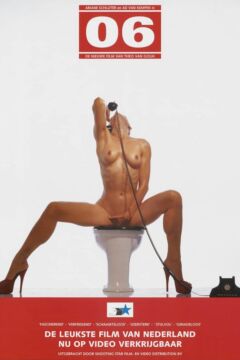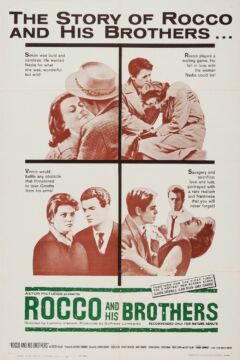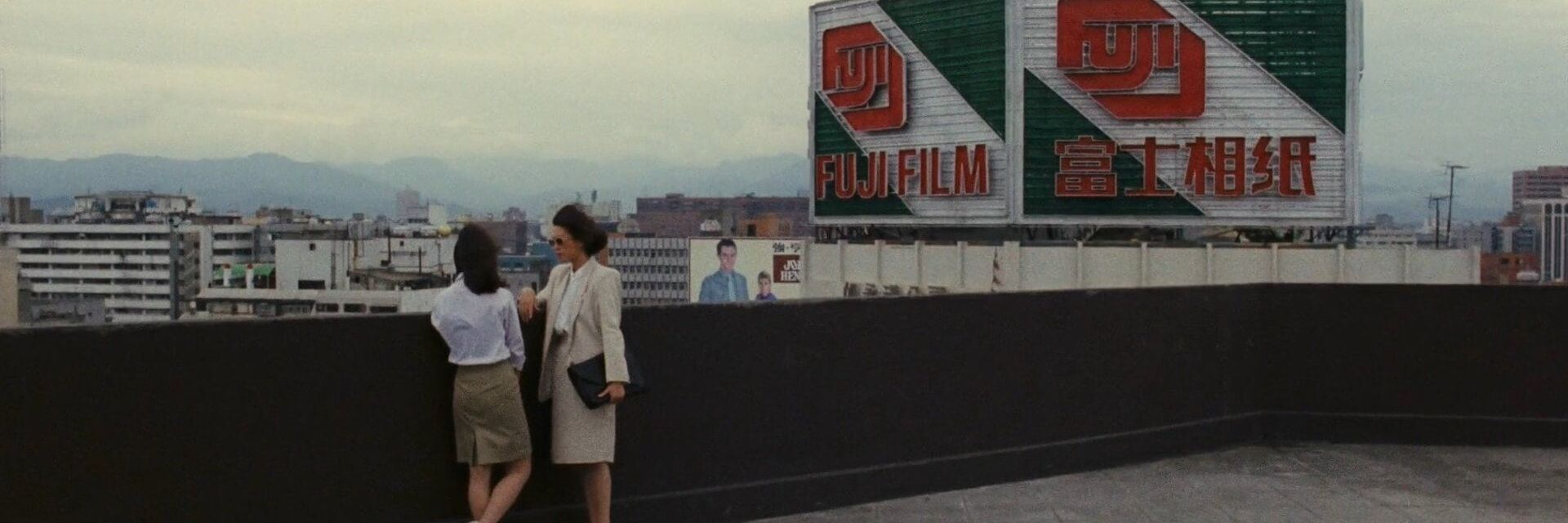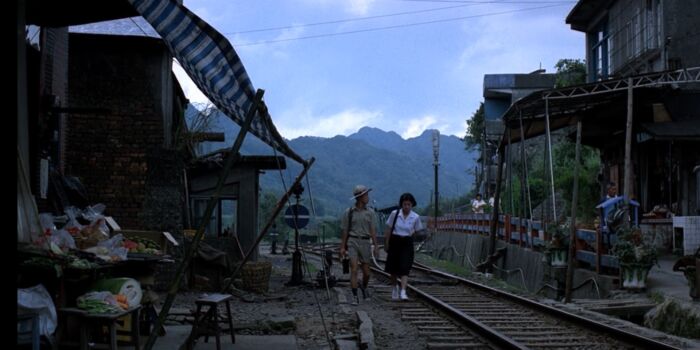
- Kijkwijzer 12
- Eng




A young woman urgently seeks to navigate the maze of contemporary Taipei and find a future. She hopes that her boyfriend Lung is the key to the future, but Lung is stuck in a past that combines baseball and traditional loyalty that leads him to squander his nest egg bailing her father out of financial trouble.
KINO is proud to present (re)introduce you to nine masterpieces from the Taiwan New Wave. These classics have remained underseen in cinemas, so it’s high time we showcase them on our grandest screen. Featuring films from the first and second wave by Edward Yang, Hou Hsiao-hsien, Ang Lee, Tsai Ming-liang and more. The films of this revolutionary movement in cinema history were artistically innovative, but also in their realistic portrayal of the Taiwanese people. They illustrated societal and economic shifts, much like Italian Neorealism in the 1940s. By capturing their cultural identity, these filmmakers created their own voice and their own national cinema. Trailer: Baris Azman
